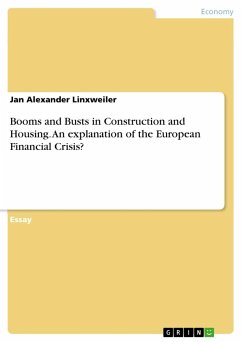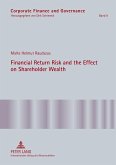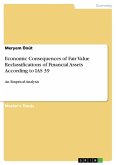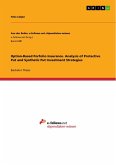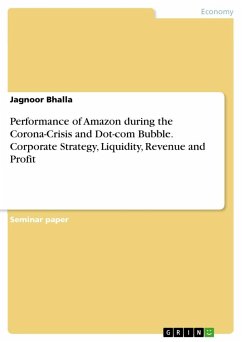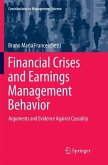Essay from the year 2016 in the subject Business economics - Investment and Finance, , course: BSc. with Honors in Banking and Finance; Economics, language: English, abstract: This paper discusses four of the financial crisis derivatives that the author has studied.To start with, the need and sole contributor to financial sector development revolves around financial crisis. The term financial crisis is implied broadly to a variety of situations in which some financial institutions or assets suddenly lose a large part of their values. Financial crises have been an unfortunate part of the industry since its beginnings. Bankers and financiers readily admit that in business so large, so global and so complex, it is naive to think such events can ever be avoided. A brief look at a number of financial crises over the last 30 years suggests a high degree of commonality: excessive exuberance, poor regulatory oversight, dodgy accounting, herd mentalities and, in many cases a sense of infallibility. William Rhodes has been involved in the industry for more than 50 years and has lived through nearly every modern-day financial crisis, many of which are detailed in his book, ''Banker to the world''. As he puts it, there is a common theme of countries and markets wanting to believe that they are different and that they as not as connected to the rest of the world's economy. In his view, many aspects of the Latin American debt crisis of 1982 have been repeated a number of times and there is much from this crisis which we can apply to what is currently in Europe, Africa and beyond.


